Surgical Technology
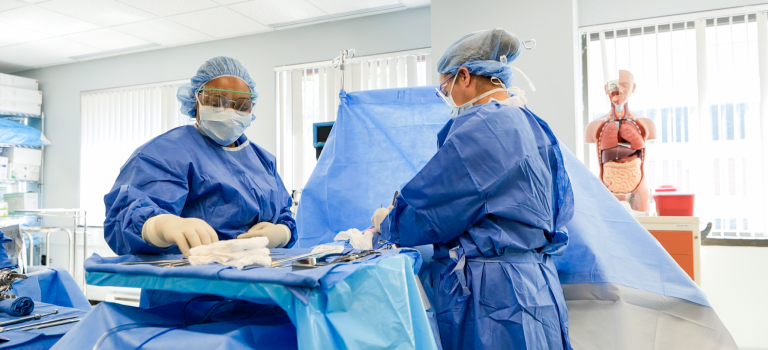
Overview
Surgical technologists are health professionals who work closely with surgeons, anesthesiologists, registered nurses, and other surgical personnel to deliver optimal patient care. As vital members of the surgical team, job duties include preparing the operating room, securing supplies, setting up equipment and instruments, and anticipating the surgeon’s needs during the surgical procedure. Surgical Technologists are responsible for maintaining the sterile field and being constantly vigilant that all members of the team adhere to the aseptic technique.
The Quincy College Surgical Technology Program is a full-time course of study beginning in September each year. This program trains students to become entry-level Surgical Technologists and prepares them to sit for the certification exam offered by the National Board of Surgical Technology and Surgical Assisting. Upon successful completion of this exam, individuals are board-certified and may use the credentials of Certified Surgical Technologist (CST).
About the Program
The Quincy College Surgical Technology Program offers students three combined learning experiences: lecture, laboratory, and clinical. Lecture topics come to life in our laboratory. Laboratory skills transition the clinical setting during rotation at either a major Boston teaching facility or one of the leading community hospitals.
During this program, students are required to complete a minimum of 500 clinical hours and scrub on a minimum of 120 surgical procedures. Please note that acceptance to the program does not guarantee a clinical placement. Clinical facilities require a satisfactory Criminal Offender Record Information (CORI) check on all students prior to the commencement of the clinical experience. A positive CORI check may prevent a student from completing a clinical practice in any clinical facility. Should this occur, the student will not be able to complete the Surgical Technology Program.
The Surgical Technology Program is accredited by the Commission on Accreditation of Allied Health Education Programs (CAAHEP) in conjunction with the Accreditation Review Committee on Education in Surgical Technology and Surgical Assisting (ARC-STSA). Program graduates are eligible to sit for the certification exam (CST) offered by the National Board of Surgical Technology and Surgical Assisting (NBSTSA). For additional information, please contact CAAHEP by mail: 25400 US Highway19 North,Suite 158, Clearwater, FL 33763; by telephone: 727-210-2350; or on the web www.CAAHEP.org.
The Quincy College Surgical Technology Program strives to provide the learner with the best educational opportunity available to the future professional who has selected this very rewarding career pathway.
Scholarships
All new Surgical Technology students will be eligible for a $1000 First Year Scholarship
National Certified Surgical Technology Exam
| Academic Year | Retention Rate | Graduate Placement Rate | NBSTSA Certification Exam Pass Rate |
| 2021-2022 | 83% | 100% | 73% |
| 2020-2021 | 67% | 92% | 75% |
| 2019-2020 | 83% | 93% | 87% |
Academic Division of Natural & Health Sciences
Surgical Technology Courses
-
Code
Course
Credits
-
- BIO 131
Anatomy & Physiology I w/ Lab
- 4
-
- BIO 132
Anatomy & Physiology II w/ Lab
- 4
-
- CSI 101
Introduction to Computers
- 3
-
- ENG 101
English Composition I
- 3
-
- ENG 102
English Composition II
- 3
-
- IDS 167
First Year Seminar
- 3
-
- MAT 103
College Algebra
- 3
-
- PSY 101
General Psychology
- 3
-
- SUR 102
Microbiology for the Surgical Technologist
- 2
-
- SUR 108
Surgical Pharmacology
- 1
effects of pre-and post-operative drugs on the body systems of
the surgical patient. Focus is also directed to drugs,
intravenous fluids, and blood replacements as they are used
intra-operatively, as well as the effects of anesthetic
agents. This course includes an overview of pharmacology's history,
development, and standardization and
introduces measurement systems, conversions, and
medical abbreviations. Specific surgical drugs are
categorized, and the rationale is given for their use. Explains
and emphasizes the medical and legal responsibilities of the
surgical technologist regarding pharmaceuticals in surgery.
Prerequisites: Admission into the Surgical Technology
Program, BIO 111, HSC 107, HSC 140. -
- SUR 111
Surgical Technology I
- 5
-
- SUR 121
Surgical Technology I Lab
- 4
-
- SUR 142
Surgical Technology II
- 16
-
- SUR 143
Surgical Technology III
- 8
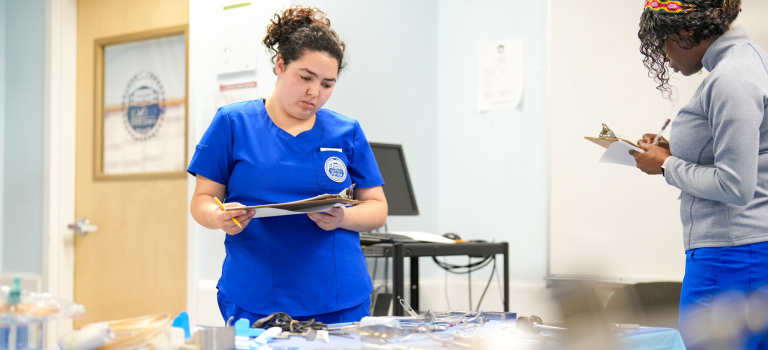
Admission Requirements
Program duration: 1 year. Students should be available Monday – Friday from 7 am – 3 pm.
Begins in Fall semester at the Quincy campus only.
Requirements
Official high school transcript or HiSET/GED records or original diploma (if completed outside the United States, high school transcripts/diplomas must be evaluated by CED)
Pre-Requisites
- BIO 111 General Biology I and Lab (4 credits) with a C or higher
- BIO 131 Anatomy & Physiology I w/Lab1 (4 credits) with a C or higher
- BIO 132 Anatomy & Physiology II w/Lab1 (4 credits) with a C or higher
- CSI 101 Introduction to Computers (3 credits) with a C or higher
- ENG 101 English Composition I (3 credits) with a C or higher
- ENG 102 English Composition II (3 credits) with a C or higher
- History/Government Core (3 credits) with a C or higher
- IDS 167 First Year Seminar (3 credits) with a C or higher
- MAT 103 College Algebra (3 credits) with a C or higher
- PSY 101 General Psychology (3 credits) with a C or higher
- HSC 107: Orientation to Health Care (1 credit) with a C or higher
- HSC140: Medical Terminology (3 credits) with a C or higher
Additional Program Information
- The passing grade for all courses is “C” (73%). Students may not continue in the program if they earn less than a “C” in a course.
Students may transfer courses up to 45 credits from accredited institutions. Science courses must have been completed within the past five (5) years at the college level. - Students must have a satisfactory health and immunization record.
A satisfactory CORI check is required for clinical placement. Students must be certified in CPR for the Health Care Provider prior to entering the clinical setting. - Program graduates are eligible to sit for the certification exam (CST) offered by the National Board of Surgical Technology and Surgical Assisting (NBSTSA).
- The surgical technology program has a maximum enrollment capacity of 18 students per cohort and admits only one cohort per academic year.
- Quincy College’s Surgical Technology program can only accept applicants who can meet onsite program requirements.
Semester 1
| Course | Title | Credits | Pre-Requisites |
|---|---|---|---|
| BIO 131 | Anatomy and Physiology 1 w/Lab | 4 credits | |
| ENG 101 | English Composition 1 | 3 credits | |
| IDS 167 | First Year Seminar | 3 credits | |
| Total | 10 credits |
Semester 2
| Course | Title | Credits | Pre-Requisites |
|---|---|---|---|
| BIO 131 | Bio 132 Anatomy and Physiology II w/ Lab | 4 credits | |
| ENG 102 | English Composition II | 3 credits | |
| PSY 101 | General Psychology | 3 credits | |
| History/Government | 3 credits | ||
| Total | 14 credits |
Semester 3
| Course | Title | Credits | Pre-Requisites |
|---|---|---|---|
| SUR 102 | Microbiology for the Surgical Technologist | 2 credits | |
| SUR 108 | Surgical Pharmacology | 1 credits | |
| SUR 111 | Surgical Technology I | 5 credits | |
| SUR 121 | Surgical Technology I Skills Lab | 4 credits | |
| Total | 12 credits |
Semester 4
| Course | Title | Credits | Pre-Requisites |
|---|---|---|---|
| SUR 142 | Surgical Technology II | 16 credits | |
| Total | 16 credits |
Semester 5
| Course | Title | Credits | Pre-Requisites |
|---|---|---|---|
| SUR 143 | Surgical Technology III | 8 credits | |
| Total | 8 credits |
You might also be interested in...
-
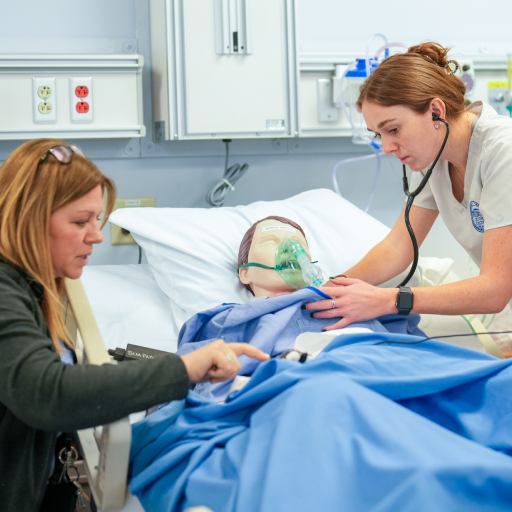
Healthcare Pathways
Quincy College Pathways to Healthcare Professions range from Nursing, Physical Therapist Assistant, Phlebotomy, Radiology, and more.
-
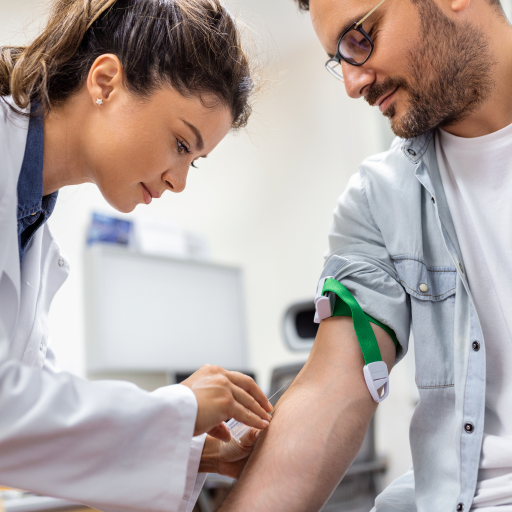
Phlebotomy
Quincy College's Phlebotomy Program trains students to perform both routine and challenging venipunctures & capillary skin punctures on adults.
-
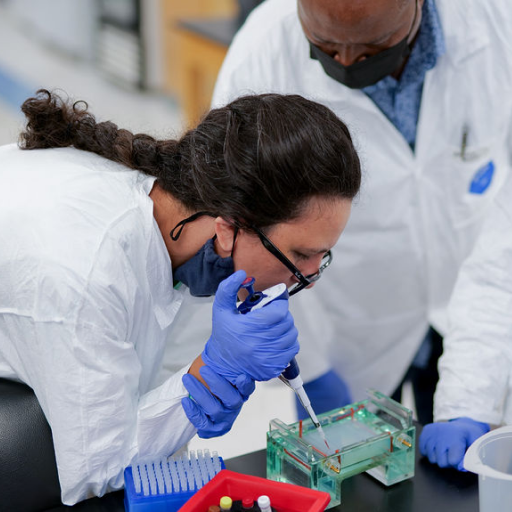
Medical Laboratory Technician
The MLT program consists of didactic and campus laboratory courses designed to progress the student through a two-year program.
-
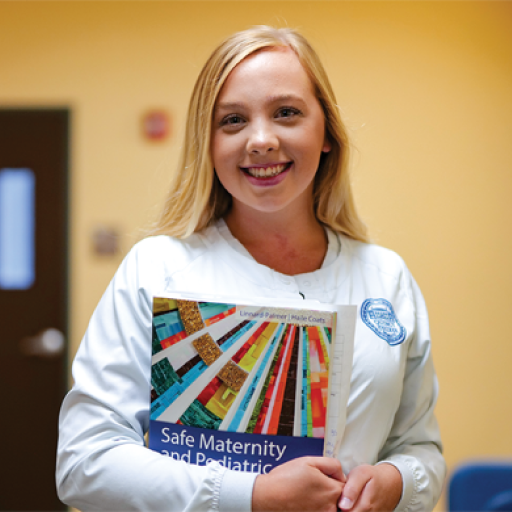
Courses
View the current course schedule. Quincy College offers the programs you want, the flexibility you need and the price that makes it all possible.


